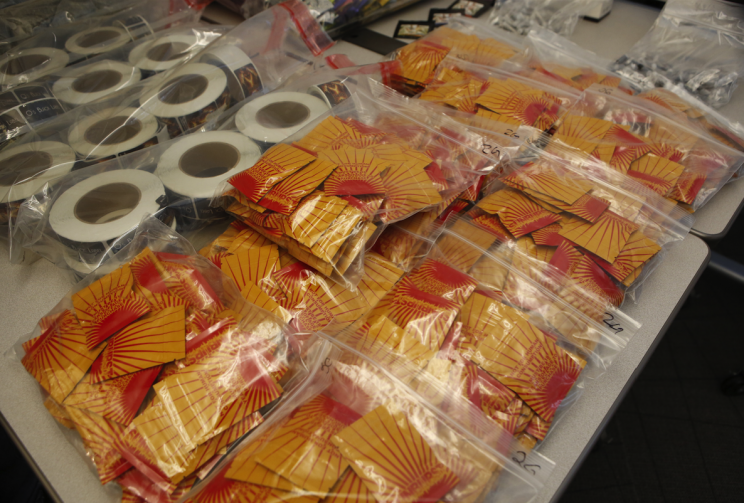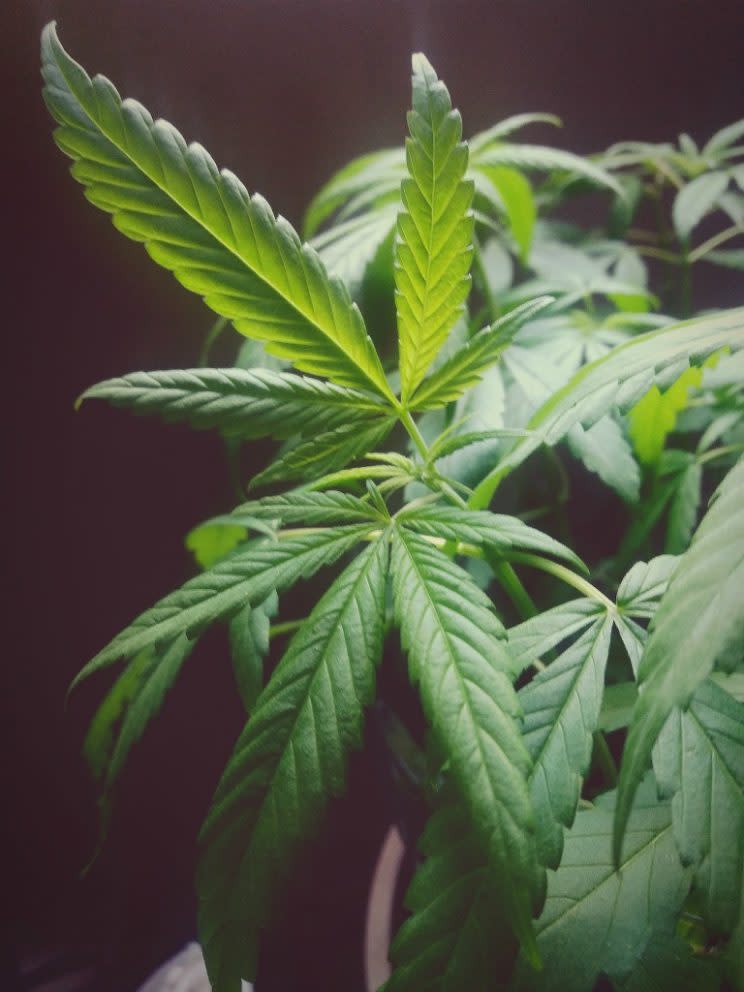Outlawed legal high that replicates effects of cannabis could cause seizures and death

The banned legal high Spice could cause seizures, psychosis, addiction, and even death – new research has warned.
The synthetic form of marijuana was previously considered to be a ‘safe’ alternative to cannabis but scientists have now linked it to an array of potentially deadly side effects.
Commonly sold under the street names Spice and K2, synthetic cannabinoid compounds (SCB’s) are proven to activate the same receptors as marijuana but cannot be discovered through drugs screenings.
While the substance continues to be popular with teenagers across Britain, it was outlawed in May last year after becoming linked to more 100 deaths in the UK and a marked rise in violent assaults in prisons.

Now, scientists from the University of Arkansas have outlined a lengthy catalogue of adverse effects in SCB users, including seizures, convulsions, kidney injury, strokes, anxiety and even psychosis.
They also reported cases where users became dependent to the substances and suffered withdrawal symptoms, alongside 20 deaths linked to SCB use.
SCBs are also considered to be more potent than marijuana, and offer a more intense high for users.
MORE: New proposals will slash summer holidays in favour of a fortnightly Autumn break
Dr Paul Prather, who led the University of Arkansas study, said: ‘It started in the early 2000s in Europe, and in the U.S, in 2007 or so, we started seeing all kinds of people coming into emergency rooms saying they smoked marijuana, but then they had these really bizarre symptoms that did not correspond with the effects you see with marijuana.
‘The public sees anything with the marijuana label as potentially safe, but these synthetic compounds are not marijuana, … you never know what they are, and they are not safe.’
However, the team behind the study still believe that cannabinoids can still prove beneficial when used in a therapeutic capacity and for cancer treatment – but warn against improper use.

 Yahoo News
Yahoo News 


